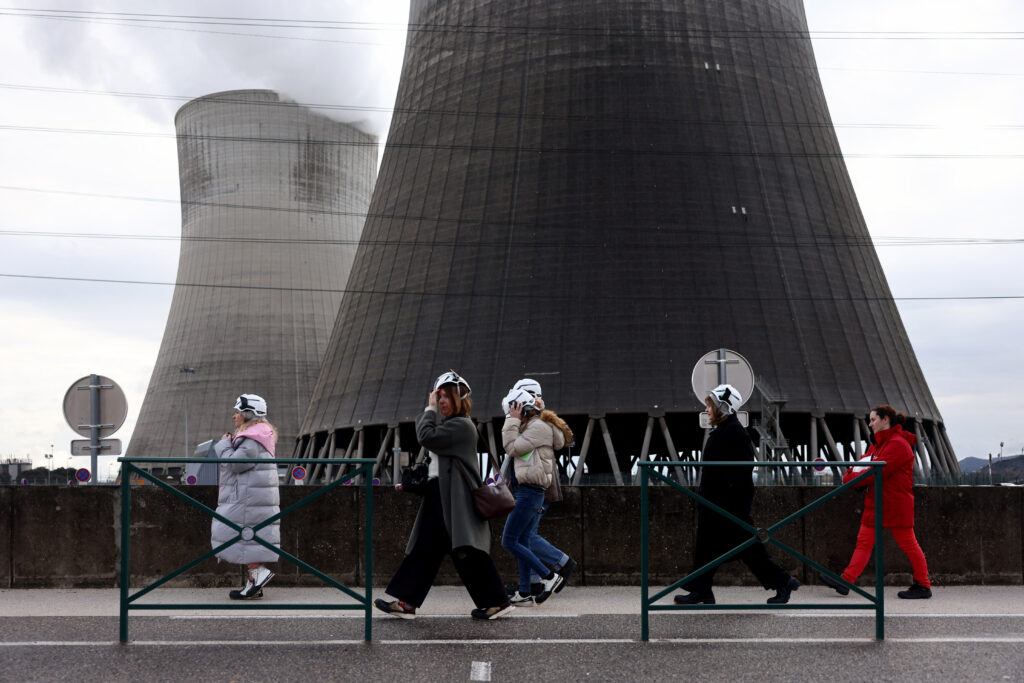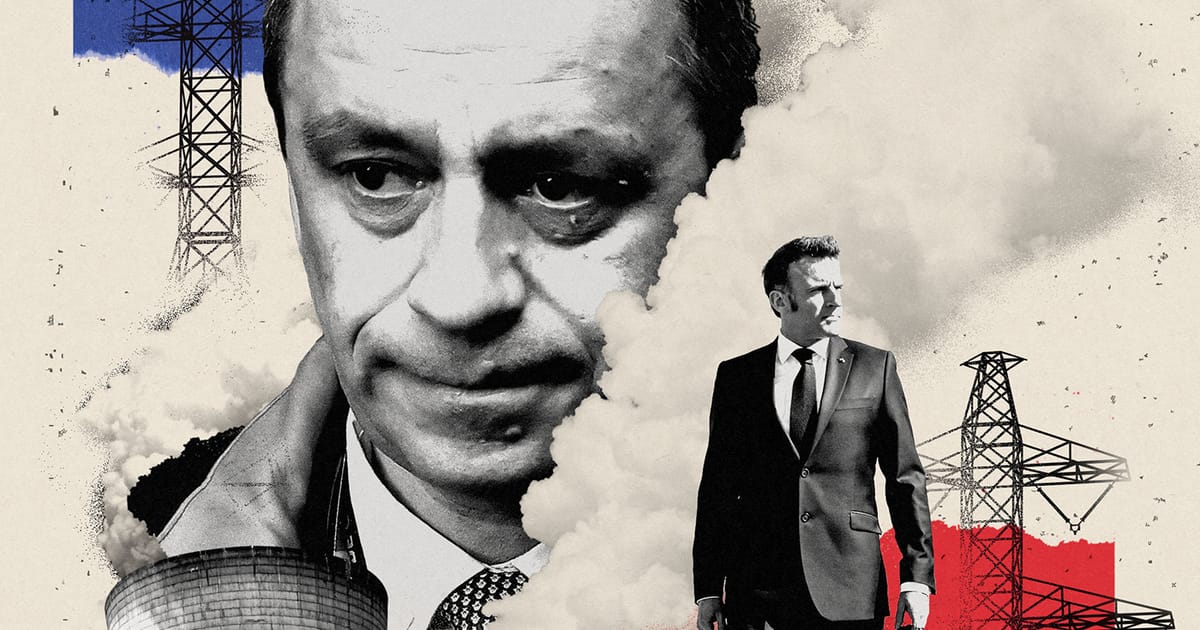Rémont’s European ambitions also raised questions. The EDF boss, already involved in projects in the U.K. and France, is also pitching reactors across the continent, from the Czech Republic to Sweden, Italy and Poland. Asked about the strategy after presenting the 2024 finances, he said his goal is to create “sufficient space” to bring the European nuclear industry “to the highest level of performance.”
Barre and other government officials have long questioned that approach. In the same interview with POLITICO, he agreed that “we need to be present” abroad, but said any foreign work by EDF must be “in synergy with the French program.”
You scratch my back, I’ll scratch yours
In parallel, the government was irked with Rémont for not handing out enough preferential contracts to energy-hungry manufacturers.
In France, industrial giants have long benefited from access to fixed-cost nuclear energy. But that perk is scheduled to shut down at the end of the year, leaving the government searching for a replacement.
In 2023, it thought it had one. After heated discussions during which Rémont repeatedly threatened to resign, the two sides reached a vague agreement that was never made public.
 Joël Barre, the French government’s watchdog for its nuclear power efforts, told POLITICO several weeks ago that the slipping timeline was partly due to the country’s political gridlock in 2024. | Alex Martin/Getty Images
Joël Barre, the French government’s watchdog for its nuclear power efforts, told POLITICO several weeks ago that the slipping timeline was partly due to the country’s political gridlock in 2024. | Alex Martin/Getty Images
Under the terms of the deal, which POLITICO reviewed, EDF would offer favorable, long-term contracts to key industries — steel, aluminum, chemicals. In exchange the government would effectively free EDF from state control on the commercial side.
